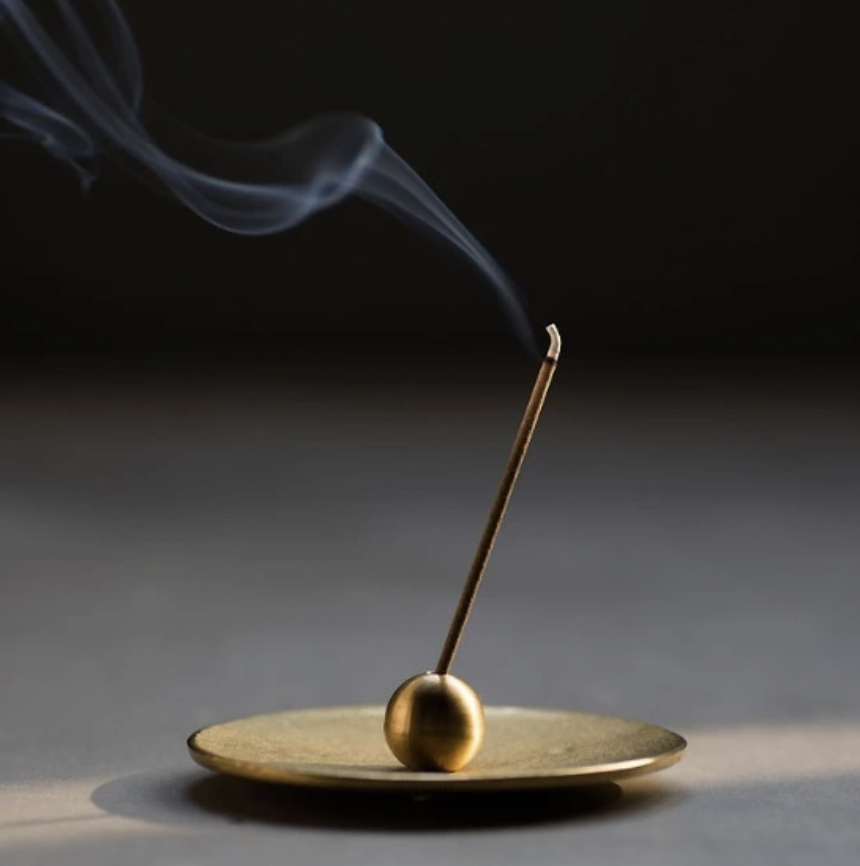Kendrick Lamar and the Final Sound

School's Out. It's been four months since my first blog post on the senses, and I still sit in the same "sea of smells" as before, although perhaps it’s a bit mustier. But, if I've learned anything, it's to appreciate the less pleasant sensations. A monolithic sensory palette is no palette at all, and as such, I wish to spend my last blog post meditating on a new sense, one with much more potential for linguistic expression: hearing. Around me, dozens of sounds swirl around my head. Heavy feet stomp from above, creaking the hundred-year-old wood. A door slams, followed by sharp, clear laughter reminiscent of wind chimes. Cars rumble alongside the buzz of crickets and thick summer heat. And in the distance, I hear the faint mumblings of Kendrick Lamar's new album. With sound, the unseen world becomes realized, and I find myself able to connect with it beyond my physical limitations. In this sense, I ground myself into a universal narrat...




